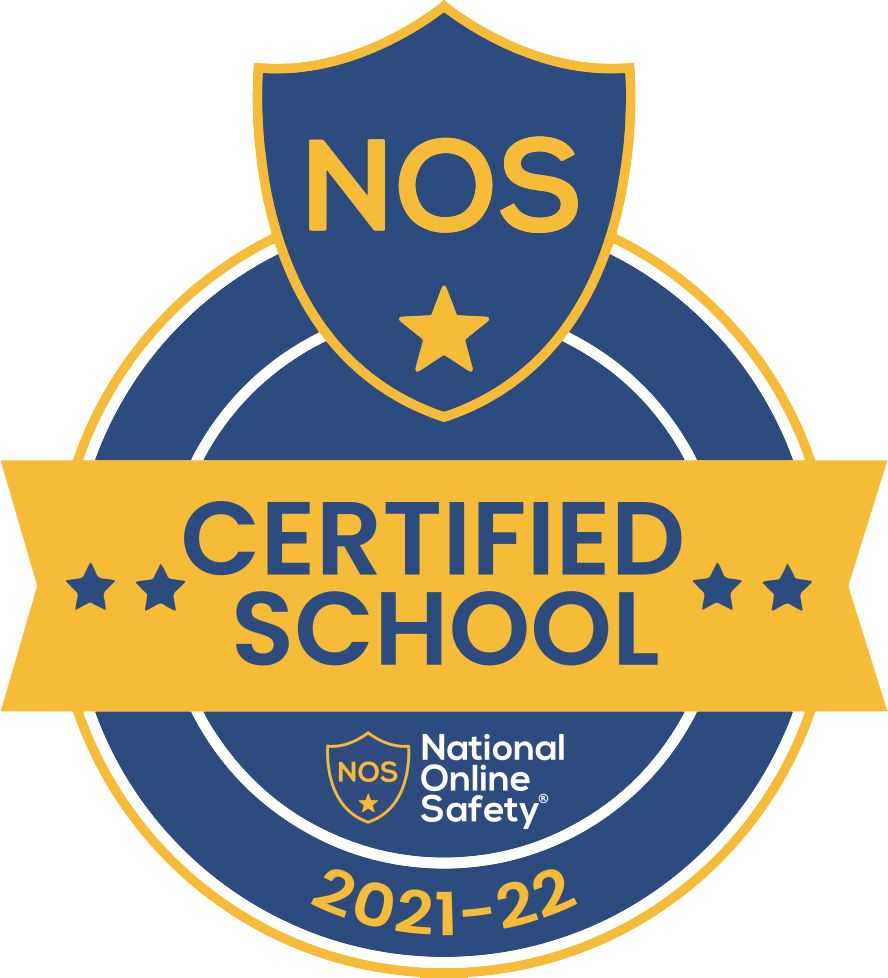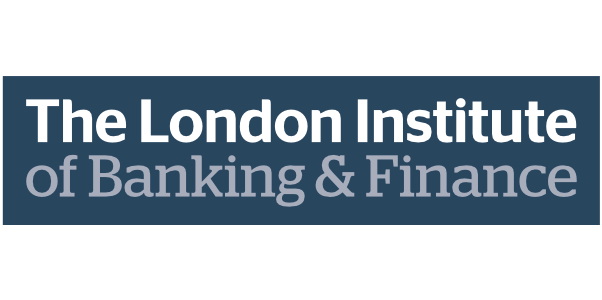Sociology
Sociology Curriculum Intent
Our intent comprises:
1. Our vision for the subject and the benefits of studying Sociology for our students
2. The key concepts and domain of knowledge students will study and learn
3. The learning outcomes for our curriculum
NOTE: Sociology is offered as part of the Key Stage 5 curriculum only
Our vision
- Aspiration – Students are introduced to a wide variety of views from influential Sociologists (both contemporary and through the history of the field). Students are supported in learning how Sociologists collect and analyse field data and the wide range of job opportunities possible in the practice and the links between Sociology, Geography, Psychology and Criminology as both academic courses and aspirational career paths that students can follow through University courses and apprenticeships (at degree level).
- Core Knowledge – Students are taught Families and Households and Education with Theories and Methods in Year 12 and in Year 13, Crime and Deviance (with Theories and Methods) and Beliefs in Society.
- Procedural / Powerful Knowledge – Through their study of Sociology students will be taught and learn about significant Sociological theories and concepts and the Sociologists who proposed and developed them. Methods used to research society and the behaviour of people are evaluated and applied, alongside the theories, concepts and methods taught, to a range of scenarios and issues that affect our modern world. Students will learn and develop the skill of analysis and evaluation of Sociological theories, concepts, evidence and research methods so they can confidently present arguments, make judgements and draw conclusions that are valid using reliable data collected from multiple sources.
- Developing Cultural Capital – Through their understanding of Sociology, social issues and people’s roles and responsibilities within society, students can argue, develop and challenge their own beliefs and thoughts about their future roles. Students are encouraged to investigate relevant issues using research methods they have learned, for example, questionnaires, that can be applied to a range of subjects across the curriculum. Sociology forms part of a wider academic curriculum with strong links to Psychology; Criminology; Geography; Religious Studies; Moral and Ethical Studies and Citizenship, students studying Sociology at A Level are encouraged to consider Higher Education courses in Social Sciences / Studies. Student awareness of the moral right that all students regardless of wealth, social status, level of education and specific learning need should have access to equal changes within and outside of education, is evident through their participation in academy-wide approaches including raising the reading age of younger students, mentoring students with behavioural difficulties and working with the Senior Leadership Team to bring student-specific issues to the attention of staff with the ability to make changes and feel part of the drive to improve student chances once they leave the academy.
- Developing character – RISE: Developing our core values of:
- Respect – Sociology teaches students to respect the views of all groups (societal, economic, religious) and to challenge those with which they disagree. Students are encouraged to link their own knowledge, understanding and experience of social issues with the theories and concepts proposed and promoted by Sociologists from a variety of perspectives. They might not support a view however they are directed to account for context (time period, contemporary events) and technologies / research methods available from where Sociologists draw their findings and conclusions.
- Independence -Students are taught and encouraged to investigate issues and conduct independent research into topics they are studying, writing and presenting their own arguments and conclusions on topics relating to society. Students use talking points to develop their thinking skills and challenge the views of others. They apply their knowledge of theories and concepts to develop an understanding of issues within society, analyse and evaluate sociological theories in multiple contexts to create their own arguments and reach their own conclusions, essential skills in any career or field of research / study.
- Service – Through their study of the impact of disadvantage on educational outcomes students are encouraged to assume a mentoring role or participate in the Academy volunteering programme helping younger students develop their reading and communication skills and leadership through the Student Senior Leadership Team and Sixth Form Council. Students understand the role that Sociologists have in helping society make changes that result in greater social equality and how they might follow this field in the future
- Empathy – Students will, through the study of a range of groups within society i.e. different family and household types; those from different levels of wealth or education; people in the LGBT+ community; those from specific geographic regions (including deprived areas), develop their knowledge and understanding of the challenges groups face within society. Students will show their empathy in the way they interact with others and how they use language to communicate their ideas about different groups of people and challenge the views of others whilst taking into account the reasons for their values, choices, beliefs and approaches to aspects of life in contemporary society.
- Identifying and addressing context specific need – Students studying Sociology are offered pastoral support through the Sixth Form team (Head of Year, Deputy Head of Year and form tutors) and academic support from their subject tutors alongside the Aspiration and Careers Lead and Prospects Careers Advisor. Those students with specific learning need are encouraged through the work of the SENDCo and the learning support team within the academy. For those students with limited financial means needing additional support the Pupil Premium fund and UniConnect funding is sought to help with ensuring they benefit from the same opportunities as other students within the cohort. Subject-specific support from class teachers enables all students to achieve and challenge themselves to do more including one-to-one guidance and individual / paired or group tasks .
- Learning is sequential – Sociology is only taught in Year 12 and 13, therefore, there is no Sociology content (knowledge and understanding) at G.C.S.E. to build upon. However, the skills taught in Key Stages 3 and 4 Humanities courses (History, Geography and Religious Studies) are fundamental to understanding the topics addressed within A Level Sociology (e.g. Crime and Deviance refers to the Holocaust; Demographic change is a fundamental topic within Geography and Christian and non-Christian beliefs are covered in Religious Studies). Prior knowledge and retrieval practice are embedded in Sociology lessons using the Do Now Activities (last week, last term and last year) allowing knowledge to be built upon and more easily accessed through dual coding, vocabulary practice and exam skills as appropriate. Lessons are planned to develop both skills and knowledge from the Humanities courses at Key Stage 4 and across the curriculum with courses available at Level 3 including Psychology and Criminology.
Our key concepts and core domains of knowledge
At Key Stage 5, learners will study A Level Sociology (AQA). Over the two years of the course, learners will study:
Families and Households
Theories and Methods (including those in context)
Crime and Deviance
Beliefs in Society
The end points of our curriculum
By the end of each year our learners will be able to:
|
Year 12 |
Year 13 |
|
|







